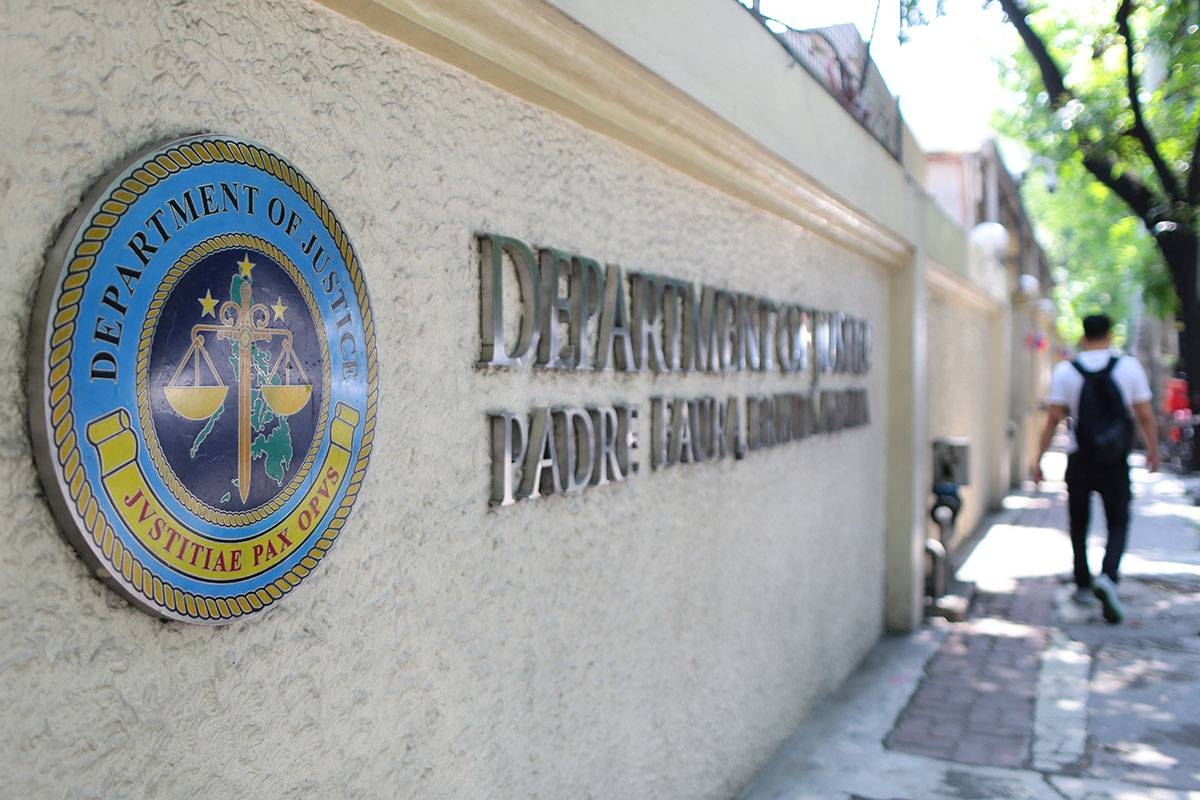The Department of Justice (DoJ) recently expressed its concerns regarding the International Criminal Court’s (ICC) investigation into the previous administration’s “drug war” in the Philippines. The DoJ spokesperson, Assistant Secretary Jose Dominic Clavano, stated that the ICC has yet to confirm the presence of its investigators in the country and urged them to engage in open dialogue.
Clavano emphasized the importance of transparency in the Philippine justice system, highlighting the thoroughness of preliminary investigations conducted in the country. He explained that both the complainant and the respondent are given the opportunity to present evidence, ensuring a fair and balanced assessment. Clavano questioned the fairness of the ICC’s investigation if they were not coordinating with the Philippine government.
The spokesperson raised concerns about the reliance on statements from activists or civil society groups with a specific ideological leaning. He stressed the need for a process that is fair, transparent, and comparable to what would be conducted by the Philippine government itself. Clavano expressed hope that if the ICC investigators are indeed present in the country, they would reach out to the Philippine authorities for constructive dialogue.
Clavano further emphasized that the Philippines has a functioning justice system with courts, prosecutors, and law enforcement agencies. He expressed the government’s reluctance to have its justice system taken over and highlighted the importance of preserving national sovereignty.
In September 2021, the ICC approved the conduct of a formal investigation into possible crimes against humanity allegedly committed during the “drug war” under the leadership of former president Rodrigo Duterte. However, the Philippines requested a suspension of the probe in November 2021, stating that it was conducting its own investigations. In January 2023, the ICC resumed its inquiry, expressing dissatisfaction with the Philippines’ efforts.
The Philippine government maintains its position that it has no legal duty to cooperate with the ICC investigators. This stance raises questions about the jurisdiction and authority of international courts over sovereign nations.
The presence of ICC investigators in the Philippines has been previously reported, suggesting that the investigation is already underway. However, the lack of coordination with the Philippine government raises concerns about the fairness and transparency of the process.
It is essential for the ICC to engage in open dialogue with the Philippine authorities to address these concerns. By collaborating with the Philippine government, the ICC can ensure that its investigation is conducted in a manner that respects the principles of fairness, transparency, and national sovereignty.
As this investigation unfolds, it is crucial for international audiences to understand the complexities of the Philippine legal system and the government’s stance on cooperating with international courts. By contextualizing these issues within the framework of local laws, customs, and national sovereignty, a more comprehensive understanding of the situation can be achieved.
In conclusion, the DoJ’s concerns regarding the ICC investigation into the Philippines’ “drug war” highlight the importance of fairness, transparency, and open dialogue. The Philippine government’s position on cooperating with international courts and preserving national sovereignty adds a layer of complexity to the situation. It is crucial for the ICC to engage in constructive dialogue with the Philippine authorities to address these concerns and ensure a fair and transparent investigation.







